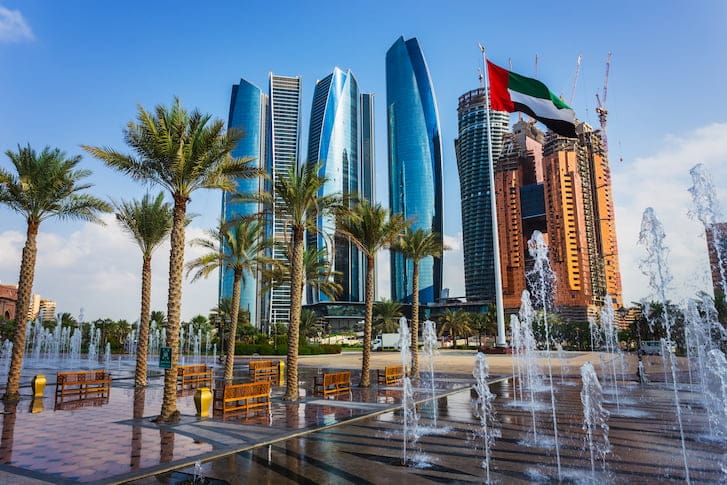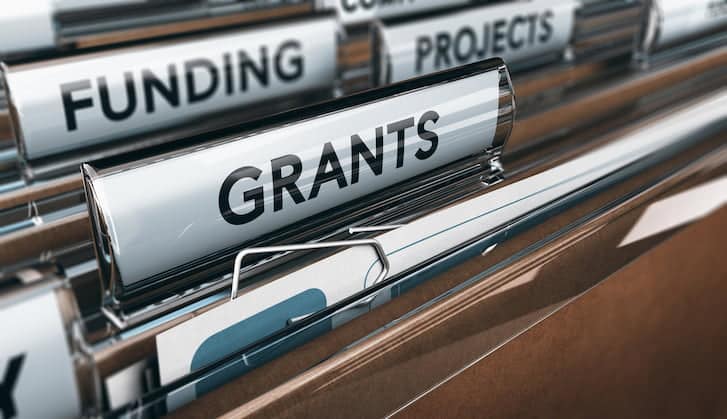WA Premier Mark McGowan gives a snapshot of what direction he’s taking to get the WA economy back on track and the crucial role WA businesses will play.
I’ve always said my first job as the Premier of Western Australia would be to deliver our election commitments and fix the budget mess inherited from the previous government.
I’m looking forward to working with WA’s business community to implement the Labor Government’s policy agenda, particularly in the area of job creation.
We come to office in challenging times. Already this year, we’ve learnt the budget situation is worse than we could have ever imagined.
A review undertaken by Treasurer Ben Wyatt and Under Treasurer Michael Barnes this month revealed a $1.2 billion downward revision to revenue from pre-election estimates, meaning the State’s net debt is on track to reach $42.3 billion in 2020.
Western Australia’s finances are not in good shape due to years of budget mismanagement from the previous government. The further deterioration in revenue has exacerbated the fiscal challenge we are facing.
To put it simply, we’ve inherited the worst set of books in history.
Nevertheless, we are absolutely committed to getting the budget back on track.
There’s no easy fix. Addressing WA’s budget situation will require years of careful financial management and all sections of the community have a part to play.
As the incoming Government, we’ve already made moves to bring financial control and accountability back to our decision-making. The fact that under the previous government, Treasury was excluded from major government decisions is unforgivable.
Upon forming Government, we immediately reinstated the expenditure review process to provide more oversight of spending decisions. We will keep the Royalties for Regions program but we are determined to focus spending on projects that will create sustainable, long-term jobs, attract investment and stimulate local economies.
While we continue to support the program, it’s clear it needs to be directed towards projects that really matter to people in regional WA, particularly in times of record unemployment.
In December last year, we announced our plans to drive change across the public sector to help put the State budget back on a more sustainable footing.
We will introduce new across Government KPIs in the public sector. Directors general and chief executive officers will be measured against the KPIs and 20 per cent of their salaries will be linked to that assessment to ensure there is real change. This will focus Government on outcomes, not process.
Under the plan, the number of senior executive service positions in the public sector will be reduced by 20 per cent, representing a real saving for Government.
A Service Priority Review of Government will also be undertaken, with a target of reducing the number of Government agencies by 20 per cent, focussing on delivering quality services to Western Australians.
We recognise the role WA businesses will play in the economic recovery of the State, with business front and centre in our Plan for Jobs.
We’ll make sure that, where possible, money spent by the WA Government is used to support local businesses and create new jobs for Western Australians. Big projects like METRONET will create ongoing jobs for Western Australians, through a 15-year strategy to achieve more than 50 per cent of local manufacturing of railcars.
A State Infrastructure Strategy is critical to future business investment and job growth. Businesses need certainty that infrastructure projects will be delivered before they make investments and create jobs.
We need to move away from the stop-start chaotic way of building infrastructure projects and move to whole-of-State long-term planning.
The State Infrastructure Strategy will ensure industry needs like ports, road, rail and energy, and community infrastructure – such as health, housing and education – are coordinated in an orderly and timely way.
This is a small snapshot of the McGowan Labor Government’s plans to bring the budget back under control, stimulate WA’s economy and create jobs for Western Australians.
We’ve got a big job ahead of us but we are getting on with implementing our plans as soon as possible.






